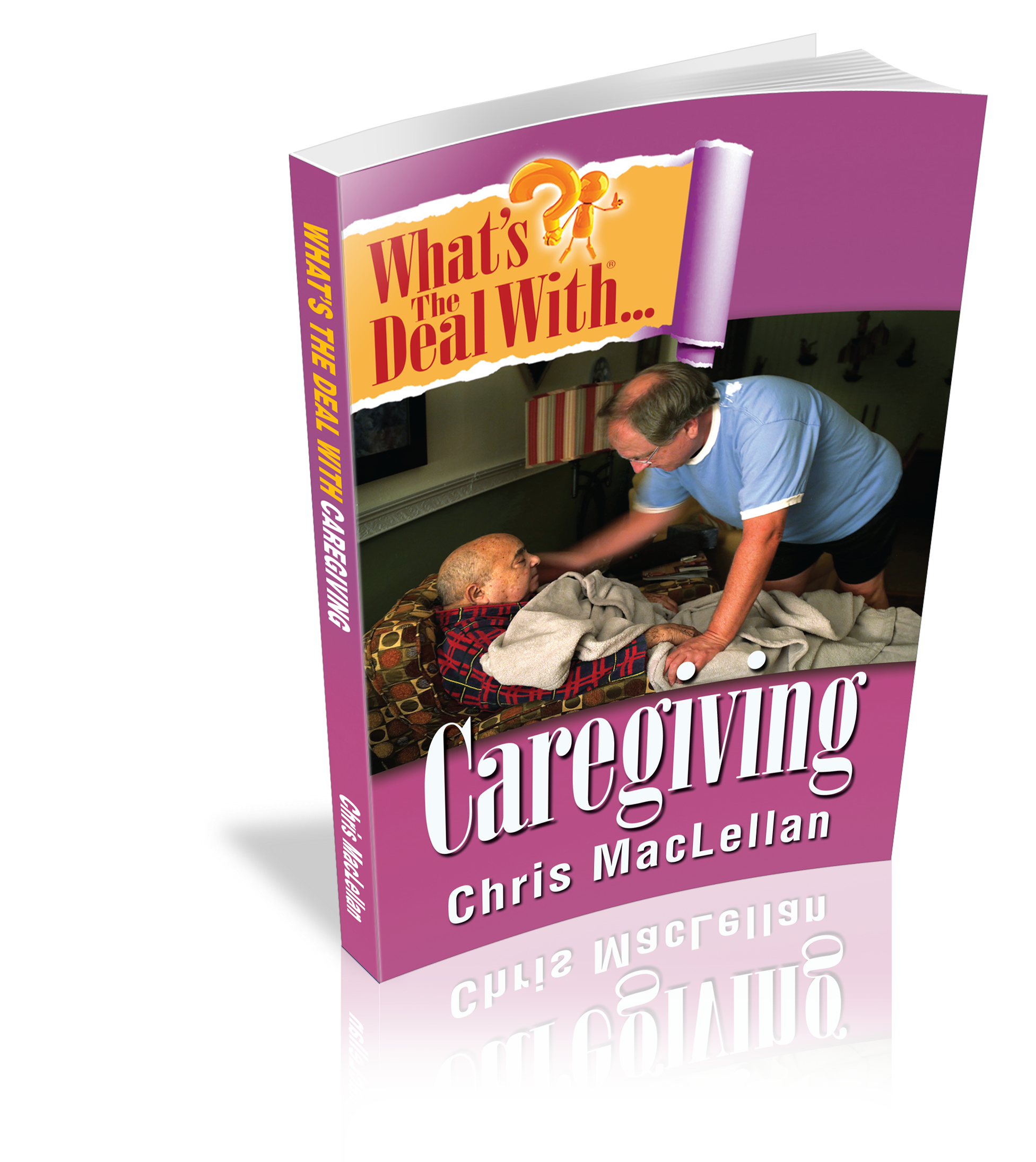Managing a Loved One's Care from Out of State
This content has been archived. It may no longer be relevant
Today we welcome guest blogger Max Gottlieb, content manager of Senior Planning in Phoenix, Arizona.
Managing a Loved One’s Care from Out of State
Whether you are in the same house, same town, or out of state, successfully caring for a loved one can be a challenge. Obviously, it is much easier to care for someone in the same city, but unfortunately families live in different states, oftentimes across the country. It may seem unmanageable at first, but there are many things you can do to provide support and maintain a better quality of life for the person in need of care.
1.) Keep on Top of your Loved One’s Health
The most important way to keep track of a loved one’s health is to create a schedule where your loved one is evaluated at designated intervals. This could mean that after each doctor’s appointment you call the doctor or that once a month, you check in with a care manager. It’s best to have more than one person doing assessments so you can hear multiple opinions. A primary physician is a good option since they’ll be most familiar with medical records, but people like physical therapists, care managers, social workers, or in-home caregivers can also offer valuable information. The important thing is to keep in constant communication with the people most frequently in contact with your loved one.
2.) Have a Plan in Place
Planning ahead is essential. Rather than waiting until a physical decline or medical emergency occurs, make sure you know what the next step is. That may mean you’ve scheduled a home health aid to come in or you’ve hired a care manager to manage your loved one’s care. Whether your loved one has a homecare professional coming in every day or once a week, make sure the caregiver is familiar with what their patient can and can’t do physically. This means talking to the caregiver on the phone and bringing them up to speed with your loved one’s conditions.
If there are any memory or behavioral issues, be sure to let the aid or caregiver know so they can monitor to see if anything changes. If there are no memory issues you are aware of, it’s still a good idea to ask a caregiver to keep a close eye on whether or not there are changes. Also, if there are times when a caregiver is not there, an emergency medical alert could be a good idea.
In the event that a physical decline or an emergency occurs, full time home health might be a good option, which can be recommended from the patient’s primary care physician. Additionally, adding on caregiving hours will help ease the effects of a physical decline. Depending upon the medically needy person’s income, assets, and condition, they may qualify for Medicaid, which will pay for a certain amount of caregiving hours per week. See this Medicaid guide for your state’s exact requirements as it does vary state by state.
3.) Around the Clock Caregiving:
Sometimes, depending upon the circumstances, patients may need a caregiving aid 24/7. Many caregiving agencies are readily able to provide 24/7 care and patients are able to age in place. For an out of state family member, this alleviates some worry about their loved one because there is always a caregiver around to assist. Many people forget to consider around the clock caregiving and usually believe assisted living or skilled nursing facilities are better options. Most of the time, however, these types of facilities aren’t staffed at the ratio of one caregiver to one patient. The major benefit of having a private caregiving aid is the one-to-one care provided, which equals a greater level of care in most cases. There is of course cost to consider and what works for some people may not work for others. Be open to your loved one’s changing needs and don’t be afraid to seek the help of private or state professionals.
Max Gottlieb is the content manager of Senior Planning in Phoenix, Arizona. Senior Planning provides free assistance to seniors and the disabled who need help finding and arranging care services, finding Phoenix assisted living, or applying for state and federal benefits.
Thanks Max for your timely suggestions!
Chris MacLellan is the Author of “What’s The Deal With Caregiving” and Host of “Healing Ties” Radio.
To purchase a copy of “What’s The Deal With Caregiving” simply click here!




Well done Max (and Chris!). Solid information and advice for anyone confronted with these situations. You know how the three most important words in real estate are said to be “location, location, location?” I suggest in these scenarios it is all about “communication, communication, communication.”
You are right on target Bruce, it is all about communication!
Having a plan is so important, but having an avenue for the family to impart their support intentions is also needed. Through tools like KalendarKards, local caregivers can be direct extensions of the more remotely located family members.
Thanks for stopping by! I looked at your website and LOVE KakendarKards…awesome!!!
I would love to have you on my radio show. Let’s chat.